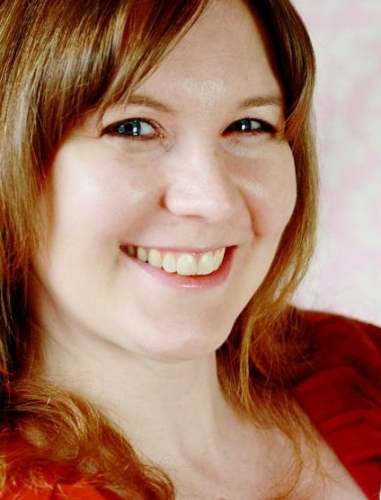That the secular movement is litigious should not come as a surprise to anyone. The Center for Inquiry is suing Walmart and CVS. American Atheists is suing a state senator. Freedom from Religion Foundation and the American Humanist Association’s Appignani Humanist Legal Center both use lawsuits and the threat of lawsuits as a primary form of activism. We know the good a strategic lawsuit can do in protecting our rights.
That doesn’t mean every lawsuit is good for our movement, of course. Among the secular organizations that do litigate, there’s been a push to more carefully consider all the possible outcomes of filing suit, particularly as the Trump administration stacks the federal courts. We’re in this for the long haul, and precedent can cost us as well as help us.
With that in mind, Secular Woman urges organizations and individuals in the secular movement to consider two current lawsuits and what they stand to cost us. In the last few years, two prominent men in our movement have been accused of a range of inappropriate sexual behavior and have chosen to respond by suing the women who have spoken up.
Richard Carrier was accused of persistent sexual advances and responded by suing two of his accusers, a nonprofit organization that reported banning him from their events, one blogger who collected reports of his behavior from him and others into one place (full disclosure: Stephanie Zvan is vice president of Secular Woman), one blogger who reported receiving reports for further investigation, and both blog networks on which these posts appeared.
Three years after his original suit was filed, Carrier is reduced to two remaining lawsuits. He continues to sue a former student group leader and the atheist blogger who said the claims against Carrier would be investigated. The other suits were dismissed with prejudice for jurisdiction or because the statute of limitations ran out while Carrier fought to keep his suit in a state without anti-SLAPP statutes. None of his claims or those against him have been heard in court, despite him recently telling a judge that was all he wanted. The defendants have spent well over $100,000 on their defense.
In April 2018, David Silverman was suspended from American Atheists after unspecified allegations were made against him. Shortly thereafter, he was fired after a review of “internal documents and communications related to the initial complaint as well as evidence relating to the additional allegations brought to the Board’s attention”. A Buzzfeed News article states that the original allegations involved “financial and personal conflicts of interest” and the additional allegations involve sexual assault.
In September of this year, Silverman filed suit against Buzzfeed, American Atheists, its president, and its chair. He also filed suit against another board member and both his accusers, claiming they had conspired against him. He did this despite both claiming he’d only been damaged by the financial allegations and being on record elsewhere as knowing one of these accusations dated back to at least 2013.
What is the purpose of these lawsuits? Each man has already published his own account of events on a site anyone can read. The women who accused Silverman of assault cannot prove he had no financial conflicts of interest relating to his book. Carrier’s claims cannot be heard by endlessly litigating jurisdiction instead of moving the case to a court stipulated to be acceptable by the defendants.
The only things lawsuits like these can do is use up the time, money, and energy of our movement and further discourage our activists from speaking up about how they have been treated. As a movement, we’ve spent years fighting past legal threats to warn people about those among us who abuse their power, like Lawrence Krauss and Michael Shermer. This work is critical to keeping our activists and building a stronger movement. If we want them to work for and support us, we must look out for them.
What can you do about lawsuits like these? You can take a critical look at them, ask whether they have any chance of doing what they claim to be trying to accomplish. You can ask what kind of conspiracy the accused claims is arrayed against them and what anyone could actually gain from being part of such a thing.
You can count the costs to the movement. What could you do to support secularism with $100,000? What could you do with more activists whose attention isn’t scattered by legal demands, with volunteers and donors who feel comfortable working with you because they know they can speak up if they’re poorly treated?
We at Secular Woman know that many secular organizations and activists already privately denounce lawsuits like these. Some do so publicly. We thank you for that. But we also urge that, as a movement, we work to get better at not rewarding disruptive, punitive, costly lawsuits like these.








